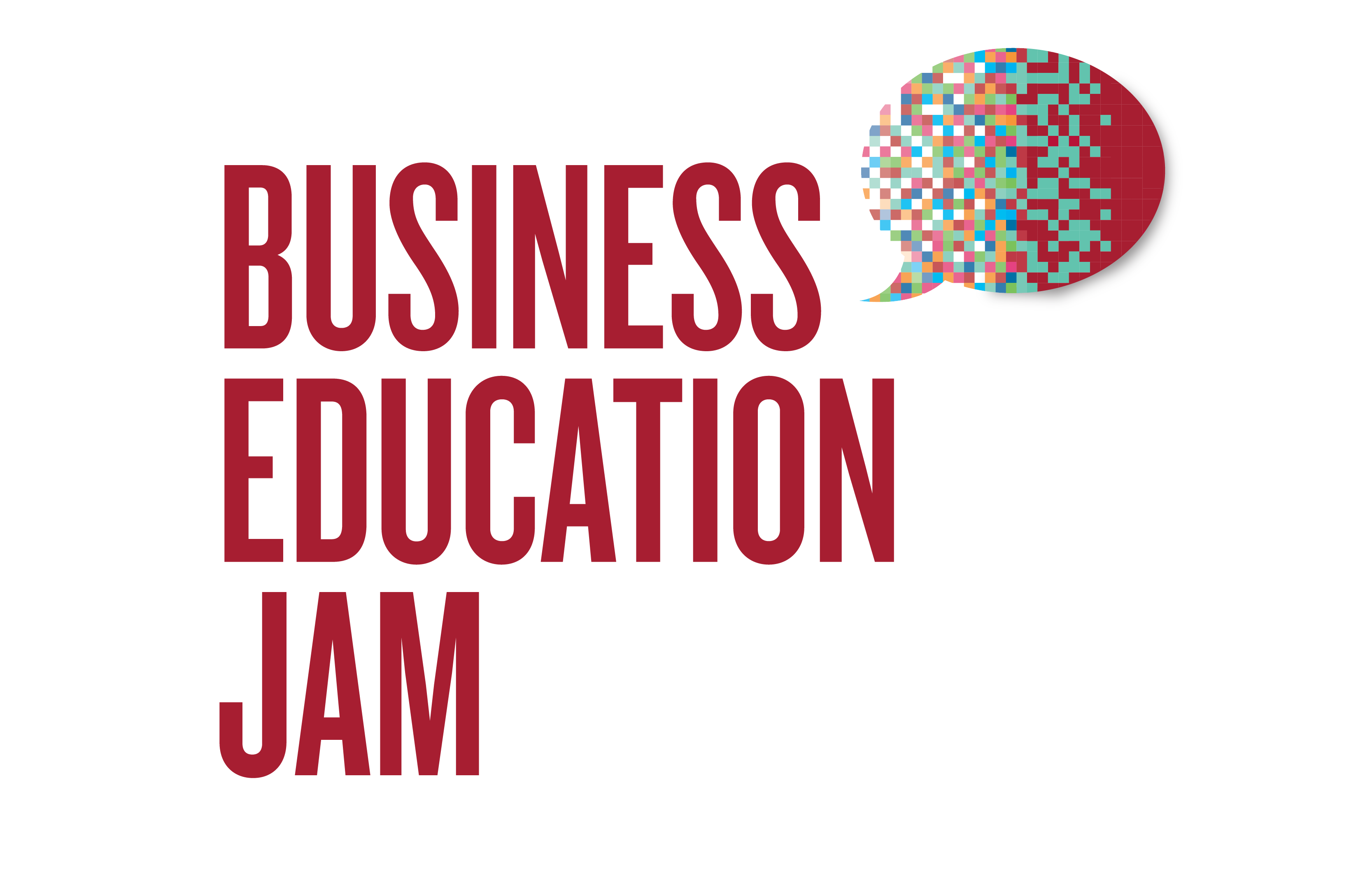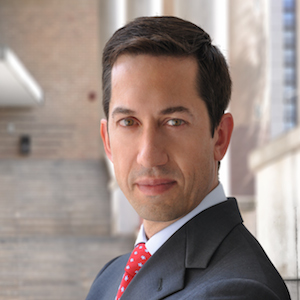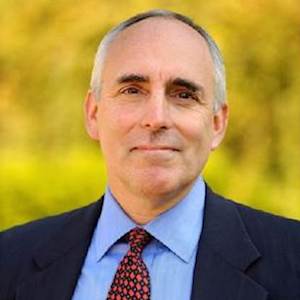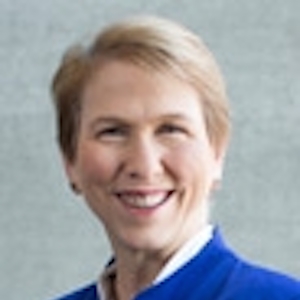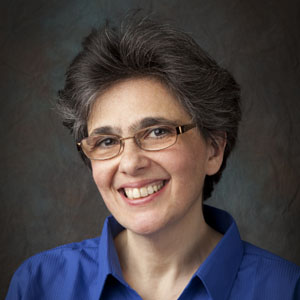Jam Chats
Jam Chats happen at a scheduled time and have limited seats allotted on a first-come, first-serve basis. Chats are a chance to have a more intimate discussion with a subject matter expert on a particular topic.
Foster Business School and Corporate Partnerships
Tuesday, September 30, 11am – 11:30am
What can business schools do to partner closely with corporations to develop industry specific/company specific skills and knowledge to close the skills gap?
Rebecca L. Ray Ph. D
Executive Vice President, Knowledge Organization and Human Capital Practice Lead, The Conference Board
Fostering Entrepreneurship
Tuesday, September 30, 1:15pm – 1:45pm
What is the role of business schools in in innovation and entrepreneurship? How can the next generation of global business innovators be developed? Should schools foster entrepreneurial ventures or rather focus on entrepreneurial attitudes and behaviours? How to go beyond business entrepreneurship and innovation, and also consider social entrepreneurship and innovation? How important is for business schools to work alongside engineering and technology schools to promote entrepreneurship?
Francisco M. Veloso Ph. D
Dean, Catolica-Lisbon School of Business and Economics
Bringing Industry and Academia Together to Create Value
Tuesday, September 30, 3:30pm – 4:00pm
The goal of the Business Education Jam is to work to bridge the gap between Academia and Industry. Dean Ken Freeman will be discussing his experience in both Academic (Boston University Questrom School of Business) and Industry (Quest Diagnostics and KKR) and how both can come together to re-envision the future of business education.
Kenneth Freeman
Allen Questrom Dean, Boston University Questrom School of Business
Management Education in a Global Setting
Wednesday, October 1, 9:00am – 9:30am
The internationalization of management education is inevitable. In the past decade, we have seen a burgeoning number of students crossing borders to attend classes or for experiential study trips. International linkages among schools have resulted in highly ranked programs that alter the competitive landscape. The purpose of this chat is to discuss and consider how these dynamics affect schools regardless of their international intentions or their ranking.
Joe LiPuma
Author, Educator, Commentator
The Importance of Student Exchange/International Travel to Business Education
Wednesday, October 1, 11am – 11:30am
Business education often seeks to create ‘globally competent’ graduates. One of several ways that universities develop and enhance the global perspectives of their students is an international experience, through focused study tours or student exchanges. Differences emerge in whether this is core or elective, and those structures and experiences which have the greatest impact on student learning and graduate outcomes.
Marie Wilson
Pro Vice Chancellor (Business and Law), University of Southern Australia Business School
Leading Millennials
Wednesday, October 1, 1pm – 1:30pm
In a rapidly changing world, how do organizations need to transform their management practices and culture to engage the millennial generation? How do we need to change as leaders? Join Mike Fenlon, Global Talent Leader of PwC, for a discussion in which he will share insights from the largest global study of Millennials ever conducted, the PwC Next Gen study with academics from USC and London Business School, and insights from the PwC 2014 CEO survey.
Michael J. Fenlon
US & Global Talent Leader, PwC
Significance of managerial soft skills in real life business, how important is it for business schools to complement soft skills to technical skill training?
Wednesday, October 1, 9:30pm – 10pm
My research conducted with multinational corporations in Asia ranked “Communications skills”, Social skills” and “adapt to corporate cultures” as their top 3 hiring criteria. Technical and functional skills were ranked much lower on the criteria list. At the same time, many Asian CEO, and HR Directors whom I interviewed prefer young business graduates to “Look, Talk and Act more like managers”. Is business school curriculum adequately equipping graduates to meet real life business needs, or is there a major gap existing? Is this an Asian or global phenomenon?
Adolf Ho
CEO, Classic Management Consultants Ltd, Associate Adjunct Professor of Marketing, Hong Kong University of Science and Technology
Giving Voice to Value
Thursday, October 2, 9am – 9:30am
Giving Voice to Values (GVV) is an innovative approach to promoting a higher level of integrity in education and the workplace. Drawing on actual experience as well as scholarship, GVV fills a long-standing and critical gap in the development of values-centered leaders. Join Mary Gentile Director of Giving Voice to Values, Senior Research Scholar at Babson College and Senior Advisor art Aspen Institute in this important chat.
Mary Gentile
Director of Giving Voice to Values, Senior Research Scholar, Babson College, Senior Advisor, Aspen Institute
The Digitally Empowered Classroom
Thursday, October 2, 11:00 am – 11:30am
As the MOOC hype settles, new questions (and some initial answers) about the role of digital technology in enhancing management education are emerging. The next phase will be less about wholesale disruption or replacing instructors and more about leveraging what already works best in innovative ways. Matt Burr, CEO of Nomadic Learning, will share stories from the frontline of the digital transformation. In particular this jam session will ask a few key questions: What does good learning content look like in 2014? How can we leverage students’ social media habits to improve learning outcomes? How are digital technologies changing the role of course creators and authors? And, most importantly, how can we harness the digital revolution to empower teachers and enhance the management education experience?
Matthew Burr
CEO & Co-Founder, Nomadic Learning
Management Skills Necessary to Thrive in the Creative Economy
Thursday, October 2, 1pm – 1:30pm
Organizations going through a massive transformation from the Traditional Economy of hierarchical bureaucracy to the very different world of the Creative Economy, where new skills, attitudes and practices are needed. The transformation entails several fundamental changes that will be explored in the chat.
Steve Denning
Forbes contributor, Board Member of the Scrum Alliance
